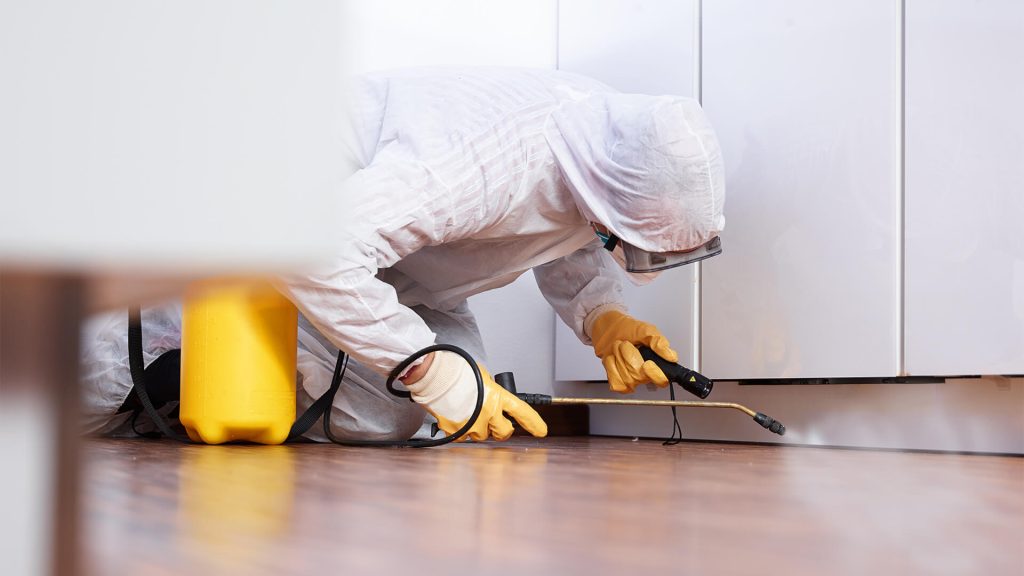
Pest control is an essential aspect of maintaining a safe and healthy living environment, whether in our homes, gardens, or workplaces. As urbanization continues to expand, the prevalence of pests such as rodents, insects, and termites becomes a significant concern for homeowners and businesses alike. These unwanted guests can cause not only structural damage but also pose serious health risks by contaminating food and spreading diseases. Therefore, understanding effective pest management strategies is crucial in safeguarding our spaces from these nuisances.
This article delves into various pest control methods, addressing both traditional approaches and modern innovations. From chemical treatments and traps to preventive measures and natural remedies, we aim to provide comprehensive insights into how to identify, prevent, and eliminate pest infestations effectively. By equipping readers with knowledge and practical tips, we hope to empower them to take proactive steps toward achieving a pest-free environment, ensuring peace of mind in their daily lives.
Traditional and Modern Pest Control Methods
A variety of pest control methods exist, each suited for different types of infestations. Traditional methods often include chemical treatments and traps that effectively reduce pest populations. However, these methods can have drawbacks, such as potential toxicity to humans and pets. Alternatively, modern pest control strategies emphasize integrated pest management (IPM), which combines biological, cultural, and mechanical tactics to create a holistic approach to pest control. This approach not only minimizes reliance on chemical pesticides but also encourages the use of natural predators and appropriate sanitation practices, thereby reducing the likelihood of pest occurrences. For detailed insights into various effective pest control strategies, the website offers a wealth of information.

Preventive Measures and Natural Remedies
Preventive measures play a vital role in pest management, often being the first line of defense against infestations. Simple practices such as sealing cracks and crevices, maintaining cleanliness, and ensuring proper food storage can significantly reduce the chances of pest problems. Additionally, natural remedies, including essential oils, diatomaceous earth, and vinegar solutions, provide eco-friendly alternatives to chemical pesticides. By adopting such practices and remaining vigilant, homeowners and businesses can create a less inviting environment for pests, ultimately leading to a healthier living and working space.
In conclusion, effective pest control is a multifaceted approach that balances immediate action with long-term prevention. By combining traditional methods with modern strategies, such as integrated pest management, individuals can address current infestations while minimizing future risks. The emphasis on preventive measures and natural remedies not only fosters a healthier environment but also aligns with a growing awareness of sustainability and safety. Ultimately, staying informed and proactive is key to creating spaces free from pests, ensuring safety and comfort for all inhabitants. By taking these essential steps, we can reclaim our homes and workplaces, promoting well-being and peace of mind in our daily lives.


